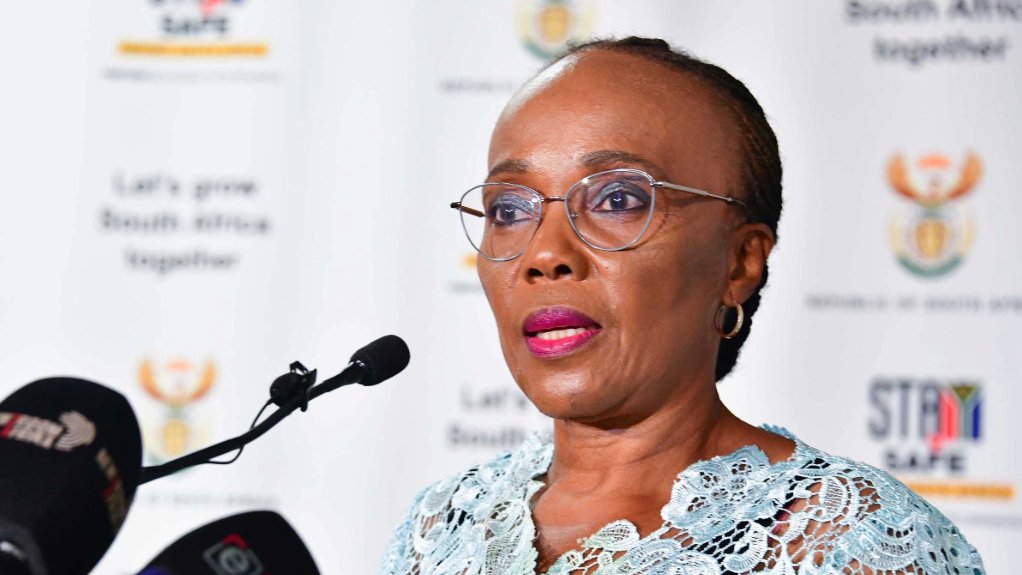In support of national and local authorities’ road safety initiatives, the United Nations (UN) Secretary-General's Special Envoy for Road Safety Jean Todt, in partnership with outdoor advertising company JCDecaux, on May 15, launched the UN Global Campaign for Road Safety under the hashtag #MakeASafetyStatement.
The launch of the campaign in South Africa is part of UN efforts to raise public awareness of life-saving initiatives on the road.
By the end of 2025, the campaign will be promoted on billboards and in public places in 80 countries, owing to a global partnership with JCDecaux. Campaign advertisements will also be broadcast in about 1 000 towns and cities in 30 languages.
The campaign has garnered support from international and national celebrities, inviting individuals to consider their driving behaviour, emphasising the importance of small actions that can save lives, and promoting partnerships to combat this issue.
The ultimate goal of the campaign is to decrease the number of casualties caused by road accidents around the world.
Todt’s visit to South Africa coincides with the recent release of the ‘Global Status Report on Road Safety 2023’ by the World Health Organisation (WHO), which showed that Africa remains the worst-affected region in terms of road accidents.
According to the WHO report, the mortality rate on African roads is 19 deaths per 100 000 people, compared with a rate of seven deaths per 100 000 people in Europe. In South Africa, the mortality rate is 25 deaths per 100 000 people.
Todt pointed out that about 14 000 people die on South Africa’s roads every year.
The UN Global Campaign for Road Safety is aimed at raising greater awareness about the number of people who die on the world’s roads every year, as well as about measures to improve road safety, he added.
Transport Minister Sindisiwe Chikunga told South African media that there had been an increase in road traffic casualties over the past 30 years, owing to an increase of in the number of vehicles on the country’s roads.
This presented various road-safety-related challenges, with various factors, including human, environmental, engineering and technical factors needing to be considered, in addition to consideration of the law enforcement capacity and ability to deal with the challenges.
Chikunga said up to 87% of road fatalities in the country could be attributed to road user behaviour.
“As a country, we acknowledge that road user behaviour is central to making our roads safer and it is for that reason that we wholeheartedly embrace this dialogue, and the dialogue theme, which is about changing the behaviour of road users,” she said.
“We will indeed draw from the collective wise counsel and great ideas of those who are gathered here to guide us in harnessing efforts towards changing the behaviour of users on our roads. We also welcome the critical partnerships we have with the private sector in addressing this catastrophic loss of lives on our roads,” she added.
Chikunga said the South African government had developed a multifaceted approach to regulation, with the ultimate goal being to reduce road-related fatalities.
She added that efforts to encourage the migration of rail-friendly cargo from roads back onto rail could help to reduce the number of trucks on the country’s roads and, thereby, contribute to improve road safety.
“The Administration has sought to urgently . . . [implement] the necessary policy reforms that will see us reverse these challenges and getting that cargo, that is rail friendly, back onto rail,” she said.
EMAIL THIS ARTICLE SAVE THIS ARTICLE ARTICLE ENQUIRY
To subscribe email subscriptions@creamermedia.co.za or click here
To advertise email advertising@creamermedia.co.za or click here











